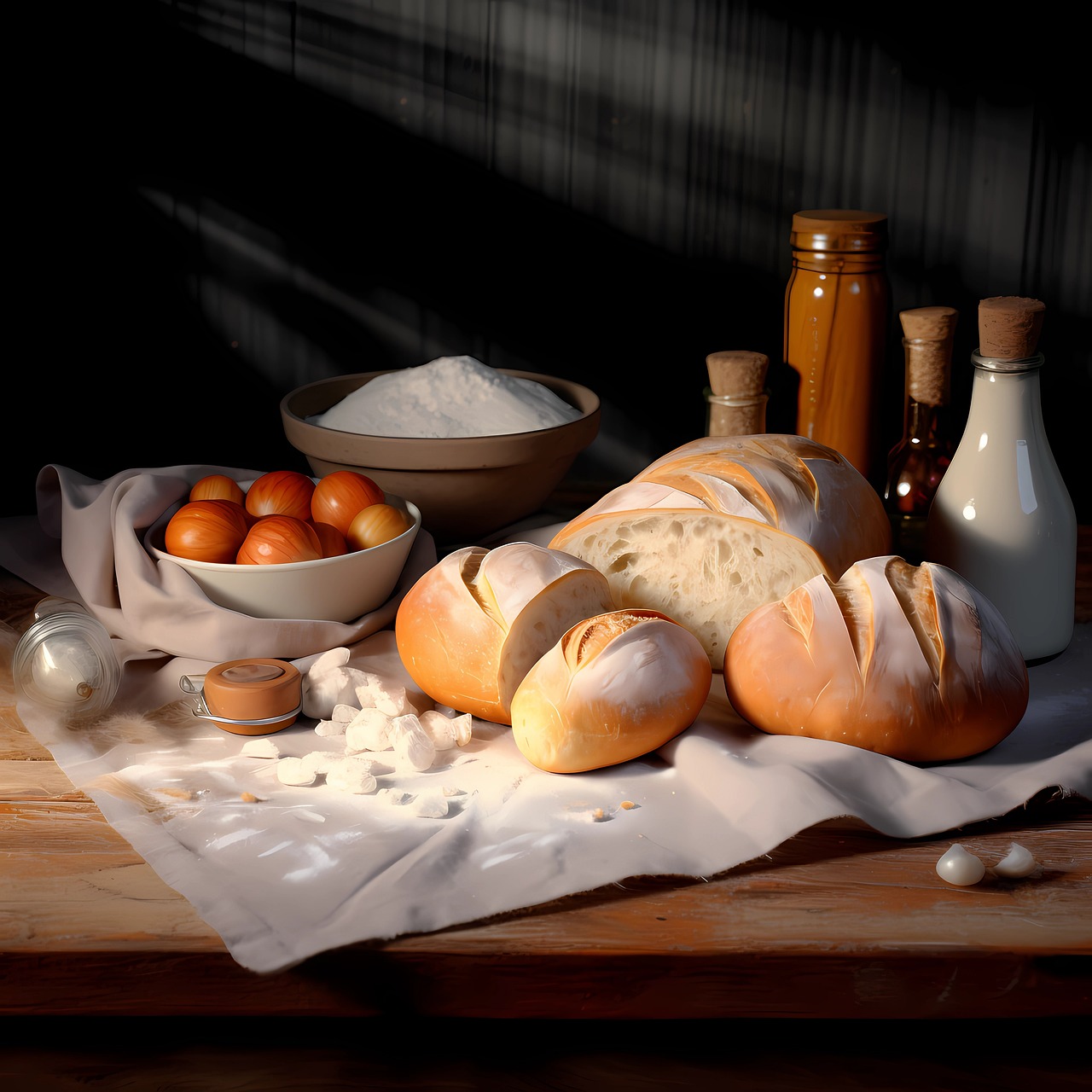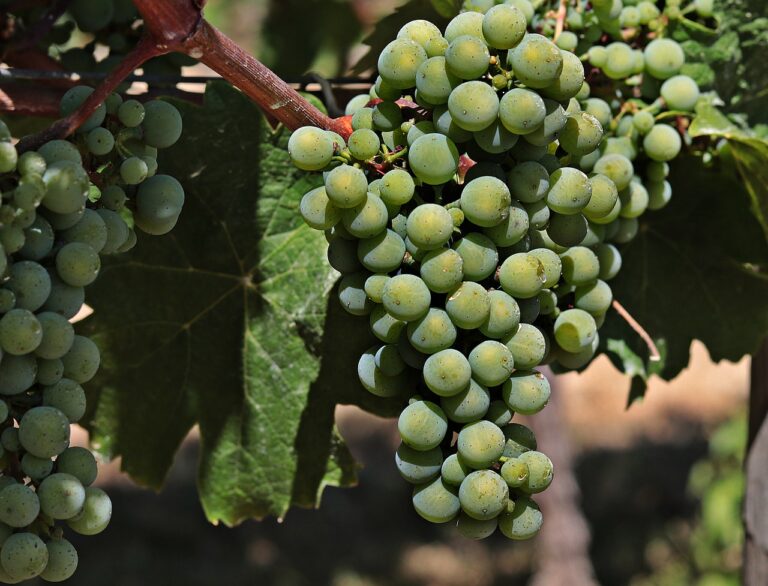The Cultural Significance of Food in Holiday Traditions and Customs
Throughout history, food has played a central role in holiday traditions and customs across cultures. The act of sharing a meal with loved ones during holidays is a universal experience that symbolizes unity, gratitude, and celebration. In this article, we will explore the cultural significance of food in holiday traditions and customs around the world, highlighting the unique ways in which different cultures use food to commemorate special occasions.
Thanksgiving
Thanksgiving is a beloved holiday in the United States that is celebrated on the fourth Thursday of November. One of the most iconic Thanksgiving dishes is roast turkey, which symbolizes abundance and gratitude. Other traditional dishes include mashed potatoes, cranberry sauce, and pumpkin pie. The act of coming together to share a Thanksgiving meal represents unity and appreciation for the blessings of the past year.
Chinese New Year
Chinese New Year, also known as the Spring Festival, is a major holiday in China and other East Asian countries. One of the most important customs during Chinese New Year is the reunion dinner, where families gather to enjoy a feast of symbolic dishes. For example, fish is often served whole to represent abundance, and dumplings are eaten to symbolize wealth and prosperity for the coming year.
Diwali
Diwali, also known as the Festival of Lights, is a significant Hindu holiday celebrated in India and other South Asian countries. During Diwali, families prepare a variety of sweets and savory snacks to share with friends and neighbors. One of the most popular Diwali treats is mithai, a type of sweet made from ingredients like milk, sugar, and nuts. The act of exchanging sweets during Diwali represents spreading joy and goodwill.
Christmas
Christmas is a widely celebrated holiday that has become synonymous with festive feasting and indulgence. In many Western countries, roast ham or turkey is the centerpiece of the Christmas meal, accompanied by sides like stuffing, roasted vegetables, and gravy. Traditional Christmas desserts include fruitcake, mince pies, and Yule log. The act of sharing a Christmas meal with loved ones symbolizes generosity and togetherness.
Passover
Passover is a Jewish holiday that commemorates the liberation of the Israelites from slavery in ancient Egypt. One of the key customs of Passover is the Seder meal, where symbolic foods are eaten to retell the story of the Exodus. For example, matzah, or unleavened bread, is eaten to remember the haste with which the Israelites left Egypt. Other traditional Passover foods include bitter herbs, charoset, and gefilte fish.
FAQs
What is the significance of food in holiday traditions?
Food plays a central role in holiday traditions by symbolizing unity, gratitude, and celebration. Sharing a meal with loved ones during holidays is a universal experience that brings people together and fosters a sense of community.
How does food reflect cultural identity during holidays?
Traditional holiday foods often reflect the cultural heritage and values of a community. For example, certain ingredients or cooking techniques may be passed down through generations, preserving cultural identity and creating a sense of connection to the past.
Why is it important to preserve traditional holiday foods?
Preserving traditional holiday foods is important for maintaining cultural heritage and passing on traditions to future generations. These foods not only connect us to our ancestors but also serve as a reminder of the values and beliefs that define our cultural identity.
How can individuals incorporate food from different cultures into their holiday celebrations?
One way to incorporate food from different cultures into holiday celebrations is by trying new recipes and exploring traditional ingredients and cooking techniques. By sharing foods from diverse cultures, we can create meaningful connections and learn more about the traditions and customs of others.
Overall, the cultural significance of food in holiday traditions and customs is a testament to the power of food to bring people together, foster unity, and preserve cultural heritage. By sharing meals with loved ones during holidays, we not only celebrate special occasions but also create lasting memories that transcend time and place.







